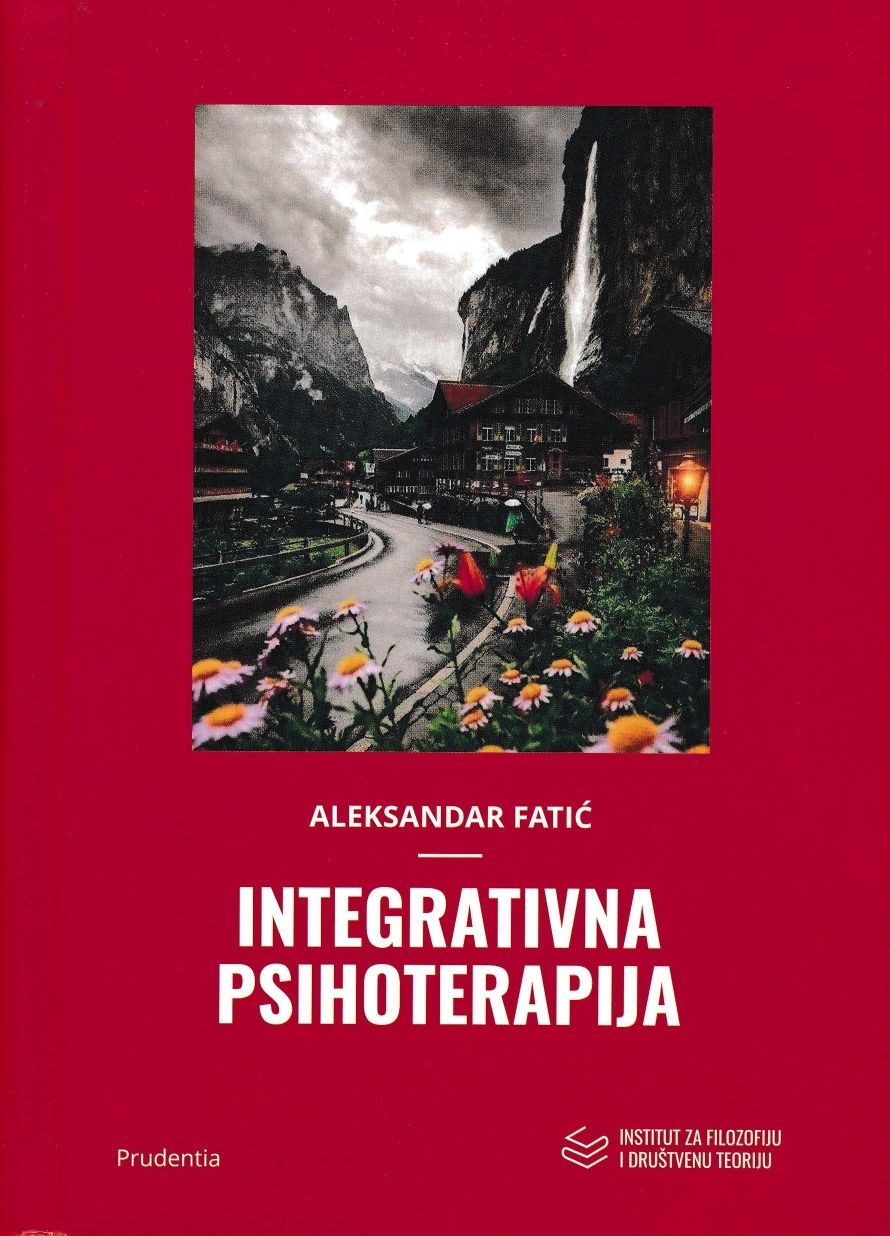
Integrative psychotherapy
Author(s)/Editors Aleksandar Fatić Publisher Institute for Philosophy and Social Theory, University of Belgrade Published 2020 ISBN 978-86-80484-51-8 Pages 455 Edition PrudentiaThis book is both a study and a textbook of an integrated approach to psychotherapy based on practical philosophy, which is becoming dominant today in the world due to the tendency towards synthesis and unification of different psychotherapeutic directions. However, the key aspects of integrative psychotherapy are precisely the opposite of the process of merging individual psychotherapeutic schools: they primarily include an emphasis on the philosophical aspects of psychotherapy that have determined its development from classical psychoanalysis to contemporary partial approaches to personal change, and methodologically, perhaps the key element, namely reliance on modal, rather than syllogistic logic as the core of thinking about psychotherapy. The book thoroughly examines these and other important elements of integrativity in psychotherapy through chapters dealing with issues of the validity of psychiatric diagnoses, the status of psychology from a philosophical perspective, the phenomenon of fear in psychotherapy, and the spiritual and political aspects of psychotherapy. The book largely deals with psychoanalytic theory and practice, primarily in the domain of Lacanian psychoanalysis, precisely because the basic concepts of Lacanian psychoanalysis, which are based on traditional Kraepelinian psychiatry, indicate the long-term validity and theoretical and practical value of integrative and modal thinking in psychotherapy as its integrative aspect.
